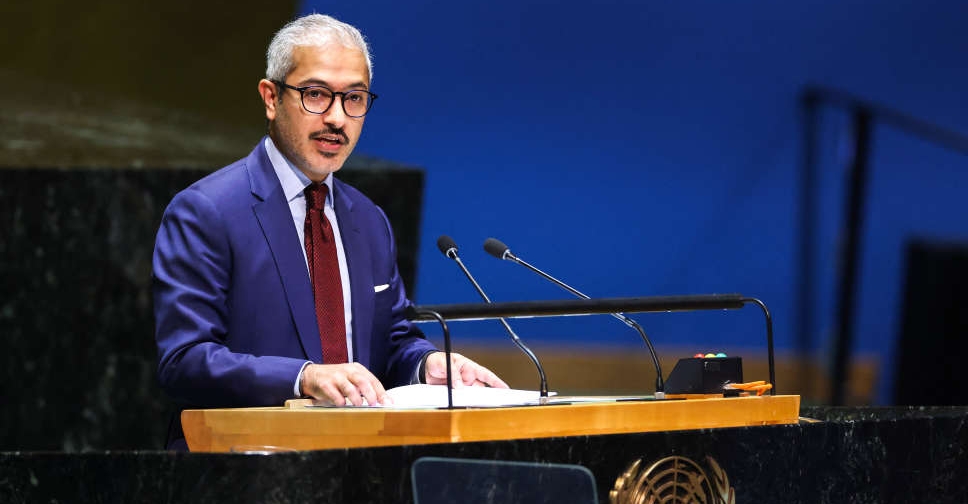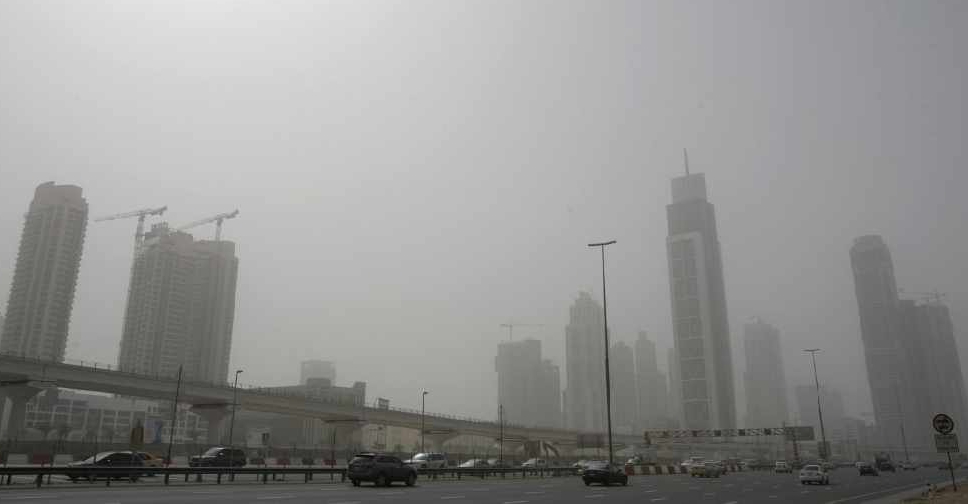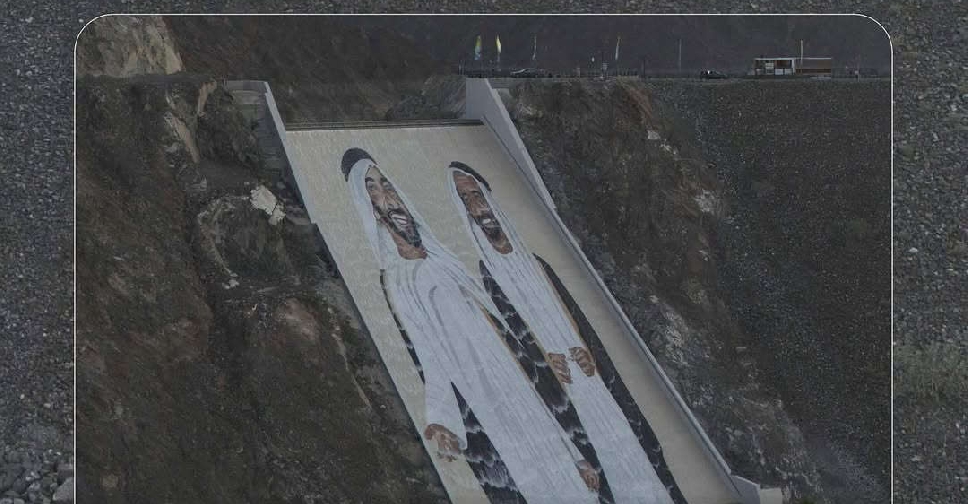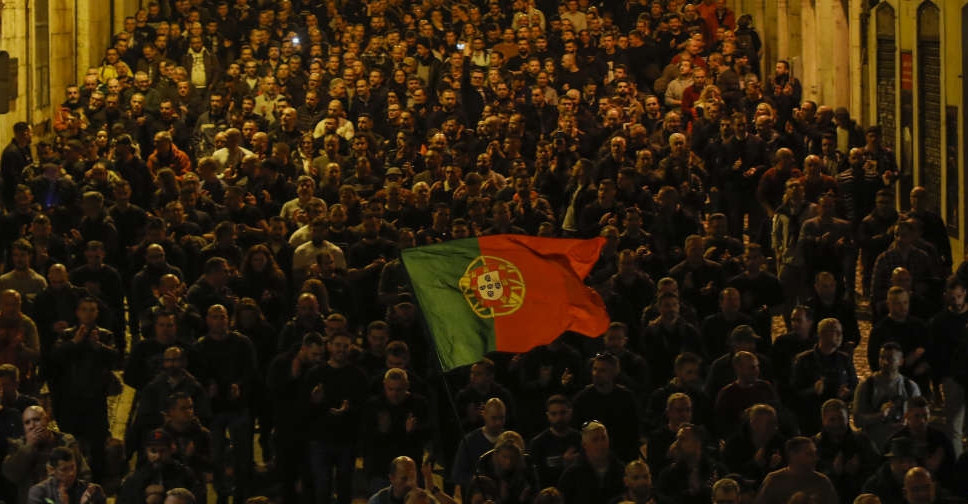
Thousands of off-duty police officers in plain clothes on Wednesday protested in Lisbon for better wages, demanding the same increases in hazard pay that the outgoing government recently granted to the criminal investigation police (PJ).
In late November, after Prime Minister Antonio Costa's resignation but while he still had full powers to make long-term decisions, the government approved hazard pay rises for the PJ that can reach almost 700 euros per month and are retroactive to January 2023.
Since then, Public Security Police (PSP) officers and members of the National Republican Guard (GNR) - which patrols motorways and rural areas - have held rallies in several cities protesting what they described as discriminatory treatment.
"We demand the same treatment that was given to the PJ (because) it has to do with higher wages," said the head of the SUP police union, Humberto de Carvalho.
He added that members of the PSP and the GNR had "practically the same competences as those of the PJ".
The protesters gathered in a square in downtown Lisbon and started a silent march towards parliament, where they only planned to sing the national anthem.
Interior Minister Jose Luis Carneiro has said the caretaker government can no longer decide on wage increases and that it would be up to the next administration emerging from the March 10 election to "assume new budgetary responsibilities".
Police union association ASPP said on Tuesday that the average hazard pay in the PSP was currently between 380 and 420 euros per month, while in the PJ it has reached 1,000 euros.
In a statement on Friday, President Marcelo Rebelo de Sousa said that professionals from the GNR and PSP, as well as from other police forces, must have a compensation regime equivalent to that of the PJ.

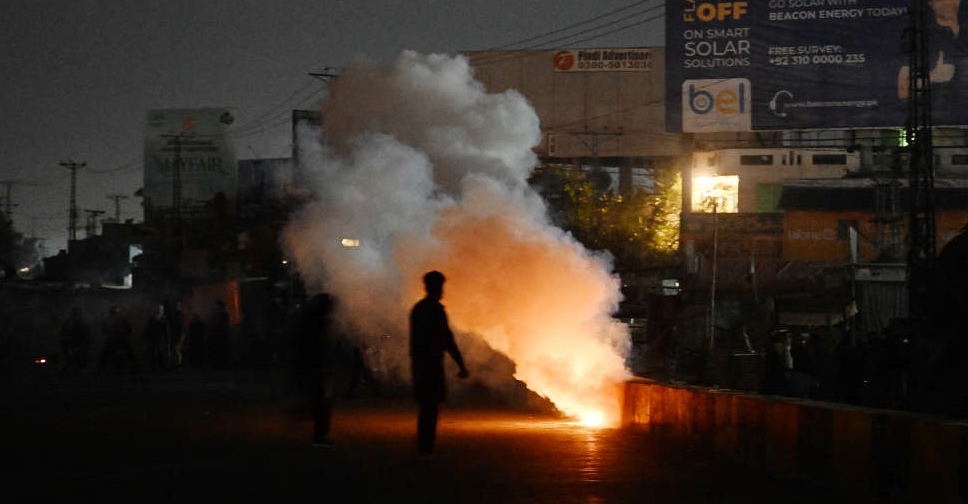 One killed, dozens injured in clashes during Pakistan protests
One killed, dozens injured in clashes during Pakistan protests
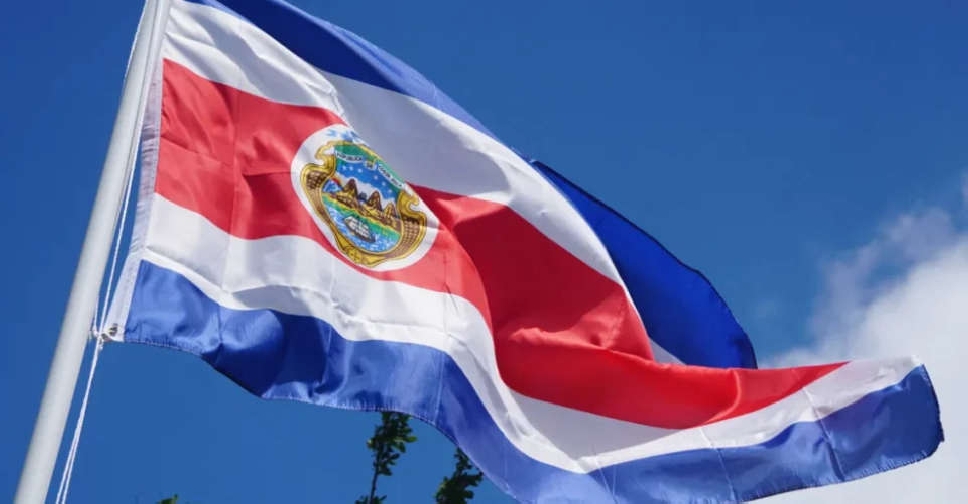 Five killed in plane crash outside Costa Rica capital
Five killed in plane crash outside Costa Rica capital
 Israel pounds Beirut suburbs as Lebanon says 31 dead nationwide
Israel pounds Beirut suburbs as Lebanon says 31 dead nationwide
 Judge dismisses Trump election subversion case
Judge dismisses Trump election subversion case
 Pakistan sectarian fighting restarts, breaking truce
Pakistan sectarian fighting restarts, breaking truce
